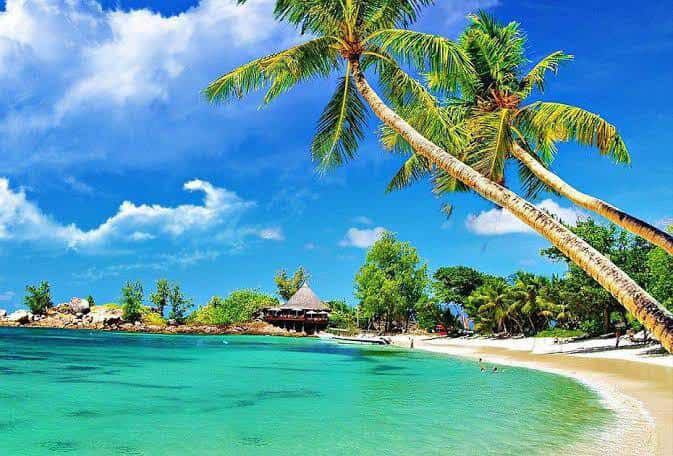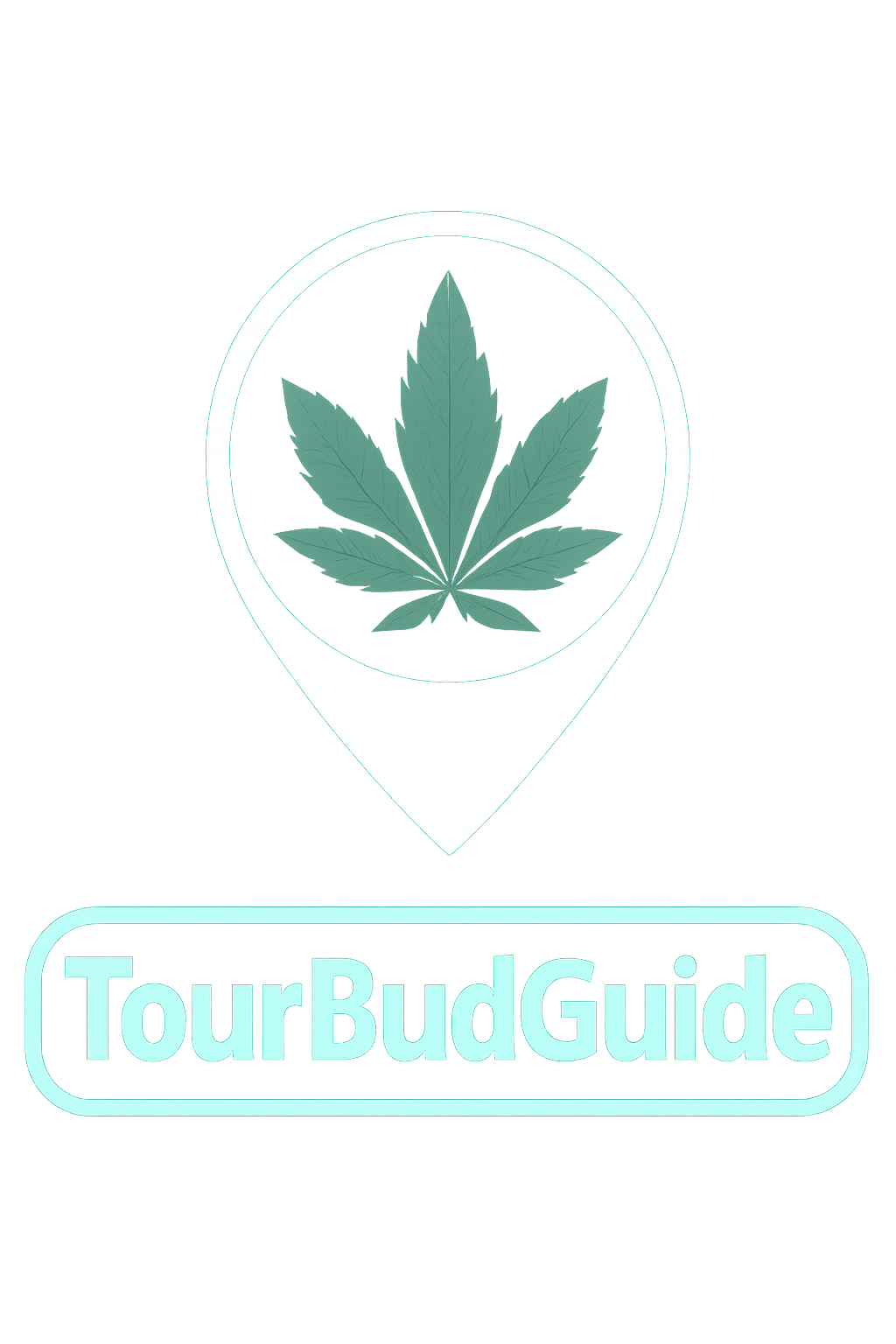
Discovering Weed in the Solomon Islands: Cannabis Culture in the Pacific
The Solomon Islands, an archipelago in the South Pacific, is renowned for its stunning beaches, lush forests, and vibrant indigenous cultures. While known primarily for its natural beauty and World War II history, the country also has a relationship with cannabis, commonly referred to as weed. Despite its tropical environment being suitable for cultivation, cannabis in the Solomon Islands is largely illegal for recreational use, yet it continues to play a role in traditional medicine, local communities, and informal economic activity.
This article explores cannabis in the Solomon Islands in a human-readable way, examining its history, legal framework, cultural significance, medicinal applications, recreational trends, economic potential, and future outlook.
Historical Context: Cannabis in the Solomon Islands
Cannabis has a nuanced presence in the Solomon Islands, shaped by geography, culture, and colonial history:
- Introduction: Cannabis was likely introduced to the Solomon Islands during the colonial era, arriving from Southeast Asia and other Pacific islands via trade and migration.
- Traditional uses: Indigenous communities may have used cannabis sporadically for medicinal purposes, such as alleviating pain, reducing inflammation, or promoting relaxation.
- Rural cultivation: Due to the tropical climate and fertile soil, small-scale cultivation of cannabis has historically occurred in rural areas for personal or community use, though often hidden from authorities.
Cannabis in the Solomon Islands has historically been practical, medicinal, and communal, rather than mainstream or recreational.
Legal Status: Cannabis Regulations in the Solomon Islands
Cannabis is classified as an illegal substance in the Solomon Islands, with strict laws regarding possession, use, cultivation, and distribution:
- Recreational use: Possession or consumption of cannabis for recreational purposes is illegal and can result in fines, imprisonment, or other legal consequences.
- Cultivation: Growing cannabis without government authorization is prohibited. Law enforcement targets both small-scale and larger cultivation operations.
- Medical cannabis: There is currently no formal framework for medical cannabis in the Solomon Islands. Traditional use persists in rural communities, but legal access to standardized medical cannabis products is not available.
The Solomon Islands’ legal stance emphasizes strict prohibition, though informal and traditional use continues in certain contexts.
Cannabis Culture in the Solomon Islands
- Rural communities: Cannabis is often grown in small quantities in remote villages, used for medicinal purposes or as part of local herbal remedies.
- Urban awareness: In towns and provincial centers, awareness of cannabis is growing, particularly among young adults and those exposed to international media. However, recreational use remains discreet due to legal risks.
- Music and arts: While not as prominent as in other regions, cannabis has influenced certain aspects of local music and youth culture, particularly in urban areas influenced by global trends.
Cannabis culture in the Solomon Islands emphasizes community use, discretion, and traditional knowledge, blending local practices with limited exposure to global cannabis trends.
Medicinal Uses of Cannabis
Traditional medicinal applications remain the most accepted use of cannabis in the Solomon Islands:
- Pain relief: Cannabis is used to relieve aches, inflammation, and minor injuries.
- Digestive and general health: Some communities incorporate cannabis in remedies for digestive issues, fatigue, or general well-being.
- Potential for future medical applications: Although formal medical frameworks are absent, global research suggests that cannabis could be beneficial for chronic pain, neurological conditions, and palliative care.
Even in the absence of formal legislation, cannabis continues to play a role in traditional healthcare, particularly in remote villages and indigenous communities.
Recreational Use and Social Trends
- Youth and creative circles: Young adults and students may experiment with cannabis recreationally, influenced by music, online media, or experiences abroad.
- Cultural discretion: Due to strict laws, social cannabis use is discreet, with limited public consumption.
Recreational use reflects a balance between enjoyment, cultural practices, and adherence to strict legal constraints.
Cannabis and Tourism
Tourists visiting the Solomon Islands must be mindful of cannabis laws:
- Strict legal compliance: Possession, use, or distribution of cannabis is illegal and may result in fines, arrest, or deportation. Visitors should exercise extreme caution.
- Cultural exploration: Tourists can learn about traditional uses of cannabis in medicine, folklore, and local culture, without engaging in illegal recreational use.
- Responsible engagement: Cannabis should be approached as a topic of cultural and educational interest, rather than recreational activity.
Unlike destinations with legalized cannabis, the Solomon Islands prioritize legal compliance and cultural respect for local norms.
Economic Potential
Cannabis presents potential opportunities for the Solomon Islands if regulated responsibly:
- Medical research and therapy: Introducing controlled medical cannabis programs could provide therapeutic benefits for residents.
- Industrial hemp: Hemp cultivation could support sustainable industries, including textiles, construction materials, and nutrition.
- Rural economic development: Small-scale, regulated cultivation could provide income for farmers in rural communities.
- Export potential: With appropriate regulation, high-quality hemp or medical cannabis products could reach international markets.
Harnessing these opportunities requires strong regulation, quality control, and public education, balancing legality with economic benefits.
Challenges and Social Considerations
Cannabis in the Solomon Islands faces several challenges:
- Strict enforcement: Recreational use is illegal, making discretion essential for any user.
- Cultural perceptions: While cannabis has traditional uses, modern recreational use may still be stigmatized in conservative communities.
- Limited medical infrastructure: There is no formal medical cannabis program, restricting therapeutic access.
Addressing these challenges requires policy reform, public education, and culturally sensitive regulation.
The Future of Cannabis in the Solomon Islands
The cannabis landscape in the Solomon Islands shows potential for careful development:
- Medical programs: Regulated medical cannabis could improve patient care and expand therapeutic options.
- Industrial hemp development: Hemp could support sustainable industries and rural economic growth.
- Research and education: Scientific studies could explore medicinal, agricultural, and industrial applications of cannabis.
- Gradual cultural acceptance: Younger generations exposed to global cannabis trends may influence future attitudes toward responsible use.
Global trends in cannabis legalization, medical research, and industrial use provide a roadmap for the Solomon Islands to harness cannabis responsibly, balancing health, culture, and economic opportunity.
Conclusion
Discovering weed in the Solomon Islands involves understanding its historical, cultural, medicinal, and economic dimensions. Cannabis has quietly influenced traditional medicine, rural livelihoods, and social practices, despite strict legal prohibitions.
While recreational use remains illegal, cannabis continues to serve as a medicinal and cultural resource, particularly in indigenous communities and rural areas. With careful regulation, public education, and responsible development, the Solomon Islands could harness cannabis for health, innovation, and sustainable economic growth.
Cannabis in the Solomon Islands represents a bridge between tradition and modernity, local knowledge and global trends, medicinal use and social awareness, offering insight into how a Pacific island nation navigates the complexities of cannabis in the 21st century.
If you want, I can also create a tourism-focused 1000-word version for the Solomon Islands highlighting cultural exploration, traditional cannabis use, and legal awareness, making it immersive for visitors. Do you want me to do that?

Just love this dude Tourbud. Keep up with the good work. Excellent customer service. He goes above and beyond to make sure the order is right, help and support if anything goes wrong.
It was hard to find a reliable plug but finally tourbud showed up and gained my trust. Definitely he is the way out and hands down the best.@ https://t.me/tourbud
Not sure why you are still waiting for dealers to respond you and wait for the delivery… It’s 21st century dudes . these guys usually have several strains always available in center so just couple of clicks and you get GPS coordinates and a photo where to grab your stuff immediately after crypto payment or gift card payment. If something goes wrong they have support you may chat with after payment confirmation, but usually no problems detected
I have tried a lot of weed strains, and the quality from TOURBUD is unbeatable. The process was seamless, and the strains arrived fresh and potent and I paid using bitcoin before delivery. guys text him on telegram for fast reply @ https://t.me/tourbud
As someone who”s always looking for natural wellness options, TOURBUD has been amazing. his weed strains helped me unwind after workouts ,and his service was top-notch, I was a bit hesitant at first, but TOURBUD made the entire purchase process easy and secure. email him tourbudguide@gmail.com
The variety of cannabis strains at tourbud is impressive I was able to find exactly what i was looking for and his customer service was very helpful, I can’t wait to try more products.
I contacted him on his telegram and due to security reasons he requested crypto payments which i did.
about 30minutes later my dope was dropped at my requested location
great guy!!!
i highly recommend email tourbudguide@gmail.com
Everytime I order, I get excited not only for his TOP NOTCH PRODUCTS, but his amazing customer service.
From the time I start my text, to when my weed arrives, tourbud makes every encounter fast, friendly and SO AFFORDABLE. He works with you to get what you need.
Thank you Tourbud for been so good to me everytime.